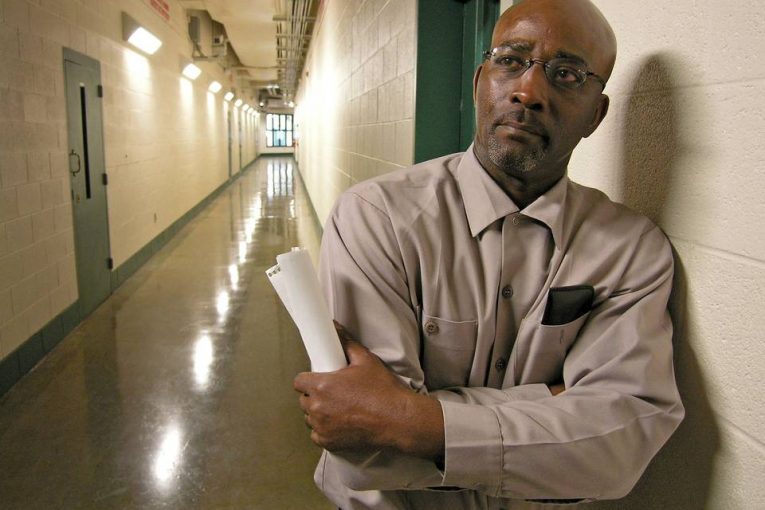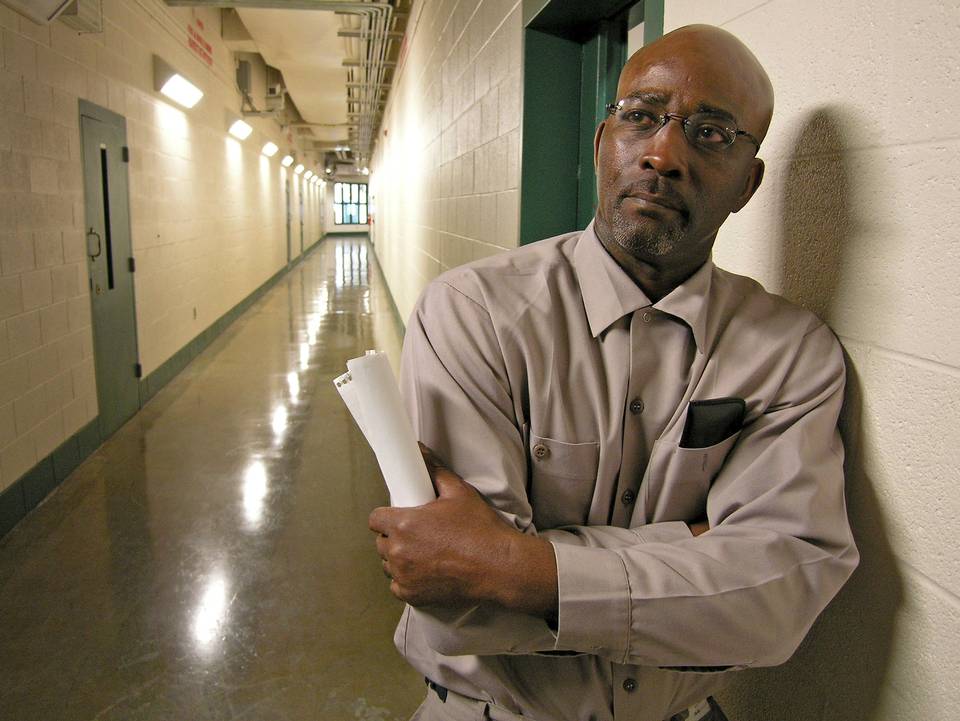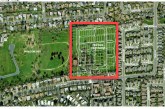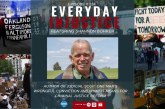

After 44 years, Ronnie Long, convicted—and many people, including Jamie Lau from the Duke Project for the Innocence, believe wrongly convicted on bad eye witness evidence—finally got a hearing before the full Fourth Circuit Court of Appeals on Thursday.
“The defendant did not receive a fair trial,” Lau argued, claiming his arrest 44 years ago this Sunday was “based on an unreliable identification.”
Ronnie Long has always maintained his innocence in the case. Lau argued that at issue here was the materiality of evidence that he calls “affirmatory exculpatory” evidence that both sides agreed was suppressed to some extent.
Lau believes this evidence points to the guilt of someone other than the defendant and undermines the case presented by the presenter.
He argued this “reveals a concerted effort by law enforcement to hide the evidence from both the prosecutor and defense.” This included manufacturing a false police report and testifying falsely about evidence police had collected and tested.
A state court disagreed and found this evidence to be immaterial. Lau argued that this view was faulty under state precedent.
But Phillip Rubin, the attorney for the state of North Carolina, while acknowledging some errors, argued, “There is nothing shown that exonerates Mr. Long.” He believed any error was harmless and would not have resulted in a different verdict.
But at least one judge didn’t think that answer was good enough. Will the panel agree and order a new trial more than five years after the alleged victim in this case died? That remains to be answered.
The state’s attorney was under fire from several of the judges throughout his 30 minutes of oral arguments.
Rubin argued that the evidence “has not been described in what I consider as a way.”
Judge Thatcher, whose dissent led to this hearing, pressed Rubin with “how did she describe him?” and later, “what was his skin complexion which she said immediately following the rape?”
Rubin acknowledged, “She described his complexion as light.”
“And is Mr. Long’s complexion light or his dark skinned?” the judge pressed.
“Your honor, it’s a subjective determination,” Rubin dodged. “She used that description as you picked him out in court on May 10 as part of how she knew that Ronnie Long was the person.”
He argued that description was “on May 10 right after she was looking at him.”
Judge Keenan said, “Please don’t ignore what I see to be the elephant in the room here, Detective Isenhour lied on the stand, he did perjure himself.”
He said that the 13 items were in his possession the entire time, Judge Keenan said, “It’s undisputed they were not.” She continued, “We know that we have a detective who took an oath and lied under oath.”
Judge Thatcher asked, “What if the jury had heard that there was some inconsistency in the identification, that there was no physical evidence on the jacket or the toboggan or the gloves or the paint or the fibers or the 43 fingerprints, what if the jury would have heard that, do you not think that would have impacted the result?”
Rubin responded that one of the people testifying about the lack of fibers on the jacket found it not significant and that “he rarely ever finds evidence like that on a leather jacket.”
Rubin’s position was that the testimony by Isenhour was not perjury in that it wasn’t intentional.
He acknowledged that it was not true that the evidence was in his custody and control the whole time.
Another judge said, “We do know that the answer was the testimony was incorrect – at least incorrect.”
“I would agree with that,” Rubin responded.
On the withheld evidence, he responded, “Is it sloppy? I think under circumstance if this wasn’t turned over, it was sloppy.” But he disagreed that it was intentionally withheld and had materiality. He argued that they should have brought this up in 2008 at a different hearing. “They made a choice. That choice was fine. But that choice has consequences.”
The most heated exchange, however, occurred toward the end of the hearing. Chief Judge Roger Gregory questioned Rubin—and pressed the point forcefully.
“You talk about there’s no chance… that this would have made a difference,” he said. But he pointed out that during the trial the prosecutor said that not only is the victim’s testimony accurate “but totally consistent with every piece of physical evidence existed—that’s what the prosecutors told the jury. That was not true.”
When he started to dither, the Chief Judge pressed, “that’s a yes or no answer.”
He acknowledged, “Your honor I don’t think that was fully accurate, but if I may explain…”
“The answer is no it wasn’t,” Judge Gregory said. “We’re talking about justice and looking back some 44 years.” He walked through the evidence withheld and the inconsistencies. “Isn’t that appalling to justice?”
Rubin responded, “I don’t think so because I can put it in context for you.” He said, “All of the evidence in this case is consistent with his guilt. I would take a very different view of this case if it wasn’t.”
He added, “There is nothing shown that actually exonerates Mr. Long.”
After being pressed more, “I wouldn’t have stated it as strongly” and added, “I would have probably watered it down.”
He added, “It is a fact that even today, the evidence was consistent with aspects that we know today.” He said, “It’s not some sort of bald-faced totally incorrect statement… The evidence here is consistent.”
Fifteen judges ultimately sat in on the hearing and heard the arguments and will now have to determine whether to overturn Ronnie Long’s conviction.
—David M. Greenwald reporting
Listen to our recent interview with Jamie Lau from a few weeks ago:
To sign up for our new newsletter – Everyday Injustice – https://tinyurl.com/yyultcf9






